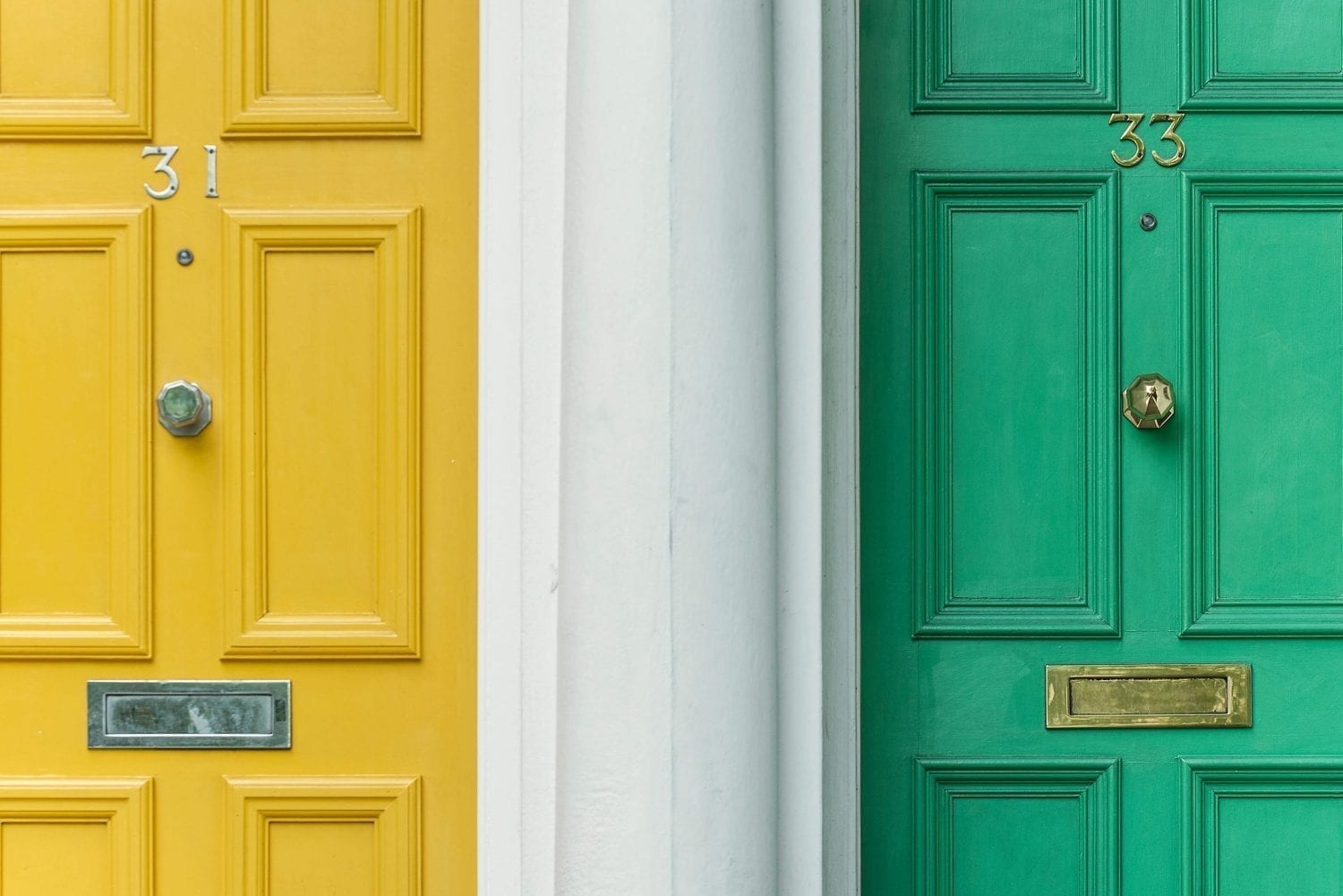The Baltimore City Council is considering a bill to impose the hotel tax of 9.5 percent on short-term rentals and require hosts to license their properties with the city. Under the current draft, each owner would be granted no more than two licenses, one for his or her primary residence and one for a secondary residence. Whole-home rentals in which the owner or host is not present during the guest stay would be limited to 60 rental days per year, among other rules.
Licenses would cost $100 each and must be renewed annually, and license numbers must be listed in all advertisements. The bill also lists requirements of hosting platforms, stating that they must verify that a host has a valid license with the city before listing the property, make and keep records of all short-term rentals listed on their sites, and make those records available to the city upon request.
The bill was introduced in February by Councilman Eric Costello and Council President Bernard C. “Jack” Young after a previous version was proposed and then pulled back last year. The council’s Taxation, Finance and Economic Development Committee held a public meeting yesterday to consider amendments.
Nearly 100 members of Baltimore Hosts, a more than 800-member nonprofit short-term rental advocacy group, attended the meeting in matching orange shirts to voice their concerns during more than four hours of public testimony. The coalition is in favor of paying taxes as long as it short-term rentals are represented on Visit Baltimore, the city’s tourism bureau which would receive 40 percent of any additional hotel tax revenues. The group is asking city council to remove the license cap and the 60-day limit on non-hosted stays.
“There is room in the market for all of us: home sharing, whole-house rentals, hotels, traditional B-and-Bs,” said Rachel Indek, testifying on behalf of Baltimore Hosts. “We should be afforded the same opportunity to operate and grow our legitimate businesses, particularly at a time when the city needs more business and investment, not less.” Indek helped start Baltimore Hosts when regulatory measures were first brought forth last year. She owns Bmore At Home Properties, through which she co-hosts guests at 11 properties with her brother, David Indek.
Earlier this week, the city’s Bureau of the Budget and Management Research recommended removing the 60-day rental and license caps. Doing so could generate between $1.6 million and $2.2 million in additional hotel tax revenues annually, compared to $587,000 to $1 million with the caps.
Visit Baltimore, the Baltimore Development Corporation, and the local hospitality industry support the measure. Proponents argue that short-term rentals should be taxed and regulated on the same level as hotels and bed-and-breakfasts.
A work session meeting to revisit the bill is slated for August but is not yet on the city’s official schedule.


